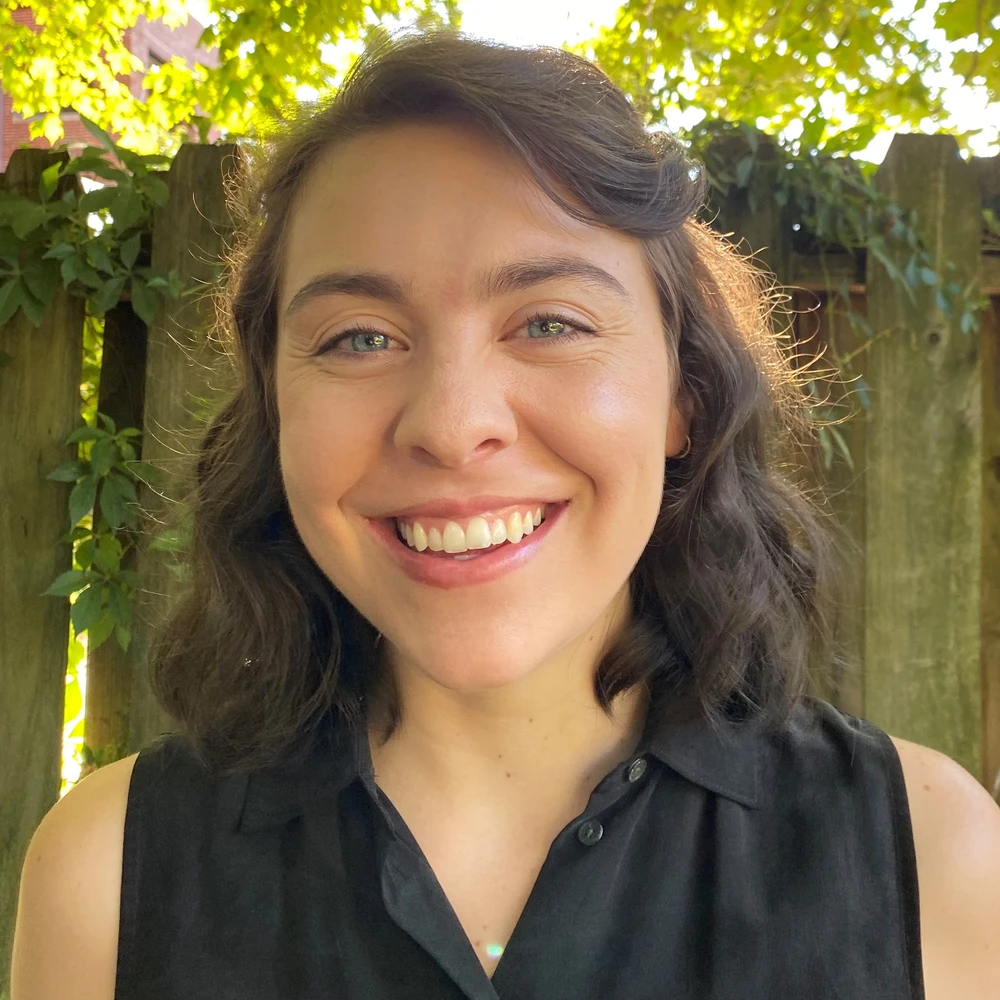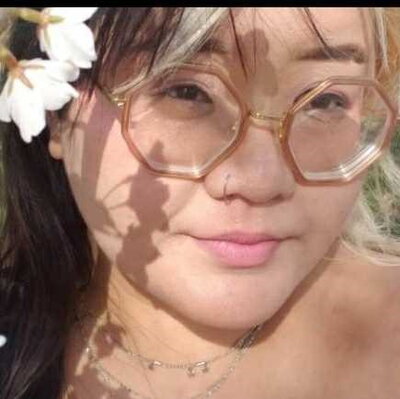
As part of the international ShutDownSTEM strike this past summer, graduate student Alison Wallum worked with Gruebele research group members to lead discussions about mitigating racism in their microcosm.
That’s one of many examples of Wallum’s commitment to inclusive excellence that led to her nomination for the 2020 Women in Chemistry Inclusive Leadership Award, which she won during the Women in Chemistry (WIC) Retreat on Aug. 22, 2020.
A fourth-year graduate student working in the research groups of chemistry professor Martin Gruebele and electrical and computer engineering professor Joe Lyding, Wallum will receive an engraved award and $1,000 toward participation at conferences and meetings that promote women’s scientific and professional development in science.
The Women Chemists Committee also sponsored the WIC Inclusive Leadership runner- up award, which was presented during the WIC retreat to Hannah Toru. A third-year physical chemistry graduate student working in Professor Thomas Johnson’s geochemistry group, Toru will receive $500.

During the award presentations, department head Cathy Murphy said all the students who were nominated demonstrated truly extraordinary leadership, making selecting a winner and runner-up exceptionally competitive. This is a wonderful position to be in as an awards judge, she said, and a sign of how actively engaged the Chemistry Department’s students are.
“Alison is the epitome of a role model in science, successful in her research, yet able to spend time supporting others and raising awareness for injustice," said Professor Martin Gruebele, one of Wallum's nominators for the award that was established in 2019 by the department’s Diversity Committee to recognize outstanding female chemistry graduate students or postdocs who demonstrate a commitment to promoting full and equal participation of women, minorities, persons with disabilities, and persons of differing sexual orientations and gender identities in research and teaching.
Wallum said it is important for the department to highlight and fund efforts surrounding inclusive excellence, conveying that this work should be valued and supported in the scientific community.
“There’s a lot of work to be done when it comes to achieving genuine inclusion and equity, and this award is a chance to recognize the value of that work,” Wallum said. “In a sense, it is also one of many opportunities we have to reflect on where we are and what else we need to do to continue with these efforts.”
In addition to working with members of her research group to organize actionable ways to incorporate inclusion efforts in their science, Wallum has consistently worked in leadership positions through student organizations. Her involvement with student groups like the Student Wellness Coalition, which aims to bring representatives from different student organizations together with the common focus of supporting members of our research community, has allowed her to work with others in the department to try and find compassionate and equitable solutions for many of the difficulties individuals face in graduate school.
Wallum said she has grown a lot working alongside peers, who are consistently thinking about advocating for and better supporting different communities in the department, primarily through various student groups. Learning to listen and incorporate an understanding of how different issues affect different individuals has been an important aspect of those efforts, Wallum said.
“We don’t work in a system that was originally built to allow everyone to thrive, and for the betterment of our community and our science, we need to consistently think about how we can correct this,” Wallum said. “There are so many communities that are still in a very vulnerable place in the sciences, and there needs to be thoughtful, intentional, and diligent efforts to change this so that everyone is allowed the opportunity to thrive. Especially considering the aspects of my identity that give me access to different forms of privilege, I know I have a responsibility to wield that privilege to try and support work that will make sure a broader range of individuals are afforded opportunities to succeed in our field.”
One of Hannah Toru’s two nominators, graduate student Kevin Gorman, said Toru is constantly working to ensure that the department works to be more inclusive and diverse.
“I know of the many hours she spent for the last two years to even get the student organization Out in Chem off the ground. This organization is designed to provide support, education, and resources for all LGBTQ+ members of the department and is already having events to do just that,” Gorman said.
Graduate student Summer Laffoon said Toru has sought committee positions that enable her to support and serve marginalized groups in the Department of Chemistry.
“She has become a point of contact and safe person for many LGBTQ+ students, students of color, and international students looking for support,” Laffoon said. “With the Science Policy Group, she ensured that the Fall 2020 conference had mics and other hearing-impaired equipment available to make the event more accessible. She has been in communication with international students to learn what actions can be taken by the department to support international students through rapidly changing immigration guidelines… Hannah's commitment to serving underrepresented groups has had a notable impact on the climate of the department.”
Toru said this award is very meaningful and demonstrates that efforts of inclusion are being acknowledged.
“I never aimed to be a leader per se — my deep love of scientific endeavor and inquiry demanded equity, diversity and inclusivity. How can we successfully move science forward if we are keeping out or pushing out so many identities—like people of color, women, disabled people, and other underprivileged and underrepresented people?” Toru said. “As I became more entrenched in science and research, I realized how few perspectives we were hearing and how narrow the concept of “brilliance” was. So the more passionate I became about science, the more I cared about the state of the scientists in it and the more I wanted to do work to ensure that ideal environment. This means listening to people in different positions and identities from us, acknowledging our positions and privileges, and knowing when to step forward or step aside in important discussions.”